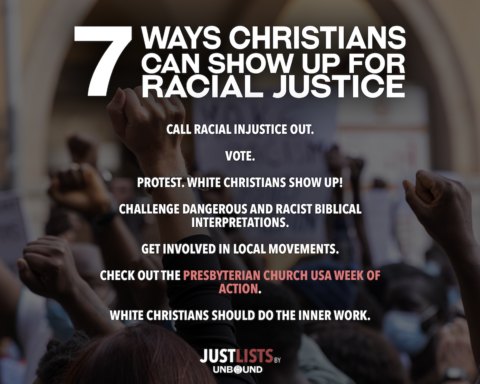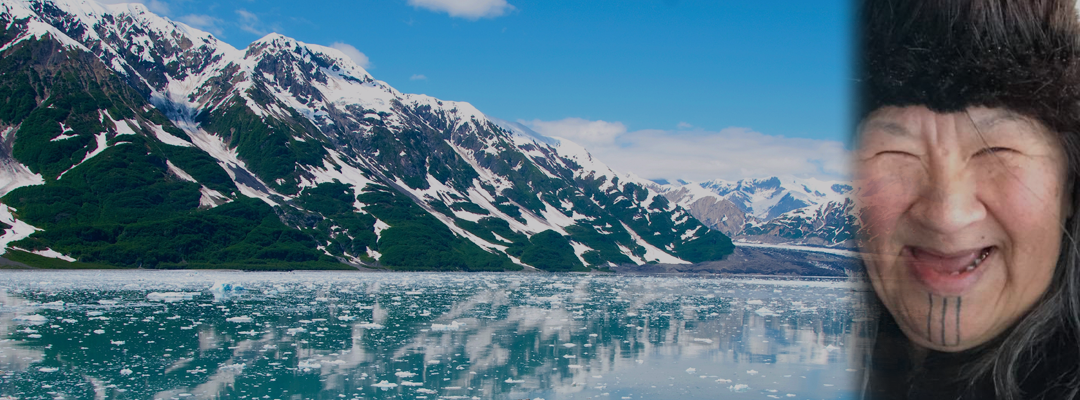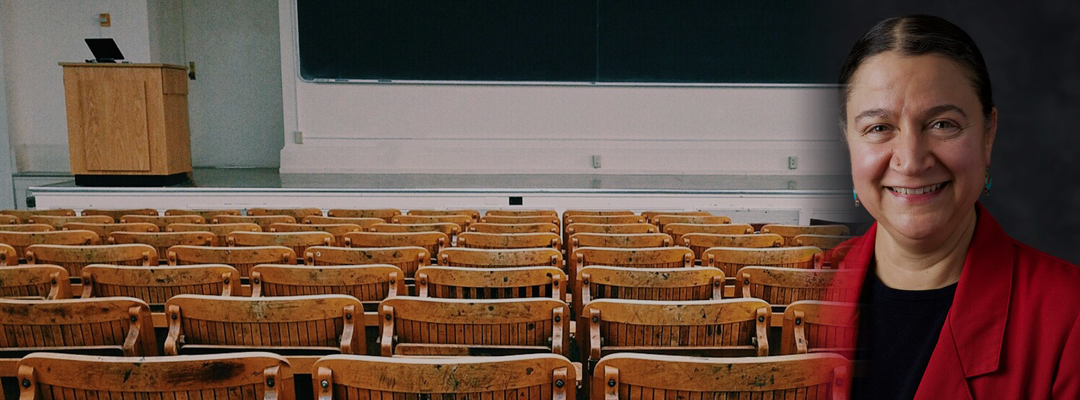“Singing in a strange land” was the sermon title for our World Communion Service on October 6, 2019. Taking from the story in Psalm 137:1-9, Rev. James Roghair preached about the pain of the Israelites as they were taunted by the Babylonians to sing their songs and asked them to rejoice, perhaps sarcastically:
1By the rivers of Babylon-
there we sat down and there we wept
when we remembered Zion.
2On the willows there
we hung up our harps.
3For there our captors
asked us for songs,
and our tormentors asked for mirth, saying,
“Sing us one of the songs of Zion!”
4How could we sing the Lord’s song
in a foreign land?
In this story the Israelites, who were forcefully removed from their homelands, chose to hang their harps on the willow trees and refused to sing. They had a deep sadness and mourned instead. They made promises about their loyalty to Jerusalem:
5If I forget you, O Jerusalem,
let my right hand wither!
6Let my tongue cling to the roof of my mouth,
if I do not remember you,
if I do not set Jerusalem
above my highest joy.
Sitting in a mostly Native American (Laguna Pueblo and Navajo) congregation, my mind switched to the millions of Indigenous peoples that now live in lands other than their traditional homelands. Due to colonial policies like the “doctrine of discovery” and the United States’ well known Manifest Destiny, Indigenous peoples were forced off the homelands which the Creator called them to steward for future generations. I imagined that, like the Israelites under the willows in Babylon, the Cherokees, Choctaws and other Indigenous peoples removed from their homelands must have cried and found it hard to sing in a foreign land which for them was Oklahoma in the 1830’s. This story was repeated for the Navajo Nation, whose people were forced to take a Long Walk to Ft. Sumner in what is now southern New Mexico. Thousands died along these way in these forced walks.
The difference, I thought, was that these Indigenous peoples chose to keep singing their songs, even in a foreign land. They knew this was their survival, and so, they kept singing the songs given to them by Creator. Today these people, many of whom are faithful Presbyterians, continue to sing in hopes even though many have not been allowed to return to their homelands. In my own home community, I am aware that many of the songs we hear have been sung for perhaps thousands of years. It was an awesome responsibility for those who persisted and kept singing the songs despite centuries of oppression.
Although the Presbyterian Church (USA) has taken actions to repudiate the doctrine of discovery, I wondered how many Presbyterians truly understand the impact of the doctrine of discovery on Indigenous peoples and how it continues to impact us hundreds of years later. At the 222nd General Assembly in 2016, the Presbyterian Church (USA) adopted recommendations for action on the doctrine of discovery. The action called upon the PCUSA to “confess its complicity and repudiate the Doctrine of Discovery, and direct the Presbyterian Mission Agency and the Office of the General Assembly, in consultation with ACREC [Advisory Committee on Racial Ethnic Concerns], to initiate a process of review of the Doctrine of Discovery.” This included preparation of a report that described the doctrine of discovery, explained its history and made recommendations of how congregations in the PCUSA can support Native Americans in their ongoing efforts for sovereignty and fundamental human rights.
Importantly, the report was also to suggest specific ways in which congregations and all governing bodies “may recognize, support, and cooperate with Native American individuals, tribes, and nations who reside within their communities.” With this action, the PCUSA joined other denominations who had taken actions to repudiate the doctrine of discovery.
In 2018, the PCUSA adopted a report entitled “Doctrine of Discovery: A Review of Its Origins and Implications for Congregations in the PC(USA) and Support for Native American Sovereignty.” This report documents the Presbyterian complicity and participation in harmful government policies such as removal from homelands, forced assimilation by boarding schools and land policies, and criminalization for practicing Native culture. Many Native people in the United States are Presbyterian as a result of missionaries being sent by the government as part of an agenda of assimilation. Other denominations like the Episcopalians, Methodists and Baptists took similar actions resulting in Native American congregants all over the United States.
Some of this history is painful. If one understands the concept of intergenerational or historical trauma, they can grasp how it is that the traumas did not stop with the first generations that experienced these painful experiences. There is a growing body of literature on historical trauma and how it persists in many Indigenous communities. Brave Heart defines historical trauma as “cumulative emotional and psychological wounding over the lifespan and across generations, emanating from massive group trauma” (Heart & DeBruyn, 1998). So, events in the history of Native peoples like Wounded Knee (1890), the Long Walk (1864) and the Trail of Tears (1830’s) are not “ancient history” but experiences that continue to be experienced in the present. Most people seem to understand the continuing legacy of the Holocaust in Europe, but it seems harder to grasp when thinking about their own backyard in the United States. Thankfully, the PCUSA actions represent an intention to learn this history and take reparative actions in the future.
Despite the pain, many of us continue to sing the songs given by Creator. Our ancestors knew in their hearts and souls that survival would require a commitment to keep singing, even in a “foreign land.” I am grateful that both my parents’ peoples have held onto their languages. In this, the United Nations Year of Indigenous Languages, we are reminded of the 156 Indigenous languages that exist in the United States alone – less than half of what existed at contact with Europeans.
My father’s people, the Laguna Pueblo, were not removed from their homelands like my mother’s people, the Navajo or Diné people. However, over time the Laguna people lost thousands of acres of land; much of Laguna’s original lands are now in private and state or federal lands. Navajo Nation is large, but is still only a small portion of their traditional homelands. With the loss of lands came the loss of access to many sacred areas. As Indigenous peoples, we continue to seek protection for sacred areas no longer within our control including Mt. Taylor in New Mexico, San Francisco Peaks in Arizona and Bears’ Ears in Utah.
Knowing that many of the Indigenous peoples contemplated by the PCUSA actions include long, faithful Native Presbyterians, what actions can the church —in all its forms—take now?
The General Assembly Report is a good place to start. Read the report which includes a number of suggestions for taking concrete, meaningful actions. It is not necessary to have a Native American congregation nearby to take actions. Some middle governing bodies have already taken actions around the country. Santa Fe Presbytery has, for example, included a series of educational events throughout the year. Stony Point Presbyterian Church entered an agreement for a local Native Nation to use a church property after the church was closed. Below are a few of the recommendations adopted by the General Assembly in 2018:
- Urge the session of each congregation, as well as each mid council, seminaries, Presbyterian Women’s groups, and other organizations to confess their complicity and repudiate the Doctrine of Discovery.
- Encourage seminaries to prepare students to articulate Native American theologies to give voice to these theologies and disrupt historic oppression and racism in Native American communities.
- Direct agencies of the PCUSA, and encourage mid-councils, to begin each meeting with an acknowledgement of whose land they are meeting on and that greetings to the assembly include a welcome from those Indigenous peoples currently living on the land.
- Encourage the Presbyterian Publishing Corporation to create resources that address the realities faced by Indigenous peoples in the United States and worldwide.
- Encourage the Presbyterian Mission Agency to provide education on the human rights of Indigenous peoples as part of preparation for all mission co-workers.
- Direct the Presbyterian Historical Society to identify and highlight resources related to Presbyterian Church (U.S.A.) and its relationships with Indigenous peoples.
- Direct the Presbyterian Mission Agency to identify in the Book of Confessions how our confessions may support the Doctrine of Discovery, how our confessions may challenge the Doctrine of Discovery, how our confessions provide evidence for ways the church can change, and to report its findings to the 224th General Assembly (2020).
- Direct the Presbyterian Mission Agency to include the Doctrine of Discovery and the histories of Indigenous peoples and current issues facing Indigenous peoples in its antiracism and training efforts.
- Direct the Presbyterian Mission Agency, in consultation with the Native American Consulting Committee (NACC), to devote an issue of Unbound to the Doctrine of Discovery, including histories of Indigenous peoples and issues facing Indigenous peoples.
- Direct the Presbyterian Ministries at the United Nations to monitor Indigenous issues in the United Nations and to share this information in its reporting.

June L. Lorenzo, Laguna Pueblo/Navajo (Diné), is a member and Clerk of Session at Laguna United Presbyterian Church in Santa Fe Presbytery, the only Native American congregation in the presbytery. She is an attorney and consultant and has devoted most of her law practice to public interest law, including human rights. She has served on the Native American Consulting Committee, the Advisory Committee on Women’s Concerns, the Peacemaking Planning Team, the GA Task Force on Native American Ministries, the General Assembly Permanent Judicial Commission, and most recently on the Native American Advisory Committee which focuses on implementation of the PCUSA General Assembly repudiation of the doctrine of discovery. She represents clients in New Mexico (tribal and state courts), serves as Chief Judge for Zia Pueblo and advocates for the rights of Indigenous peoples before the United Nations and the Organization of American States, and remains engaged in projects in her own community, including advocacy on uranium legacy issues, protection of sacred sites, and protection of cultural patrimony. She holds a JD from Cornell Law School and a PhD in Justice Studies from Arizona State University.






Unbound Social